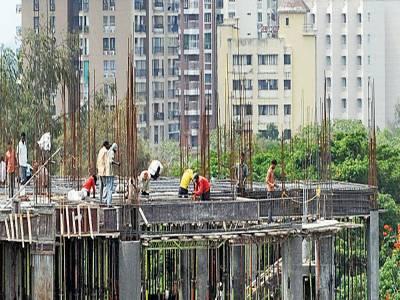
 However, KRERA had put the conditions as 1,000 sq m and 12 floors respectively.
However, KRERA had put the conditions as 1,000 sq m and 12 floors respectively.The LDF government repealed KRERA saying that it did not protect the interests of the consumer and many of its provisions were aimed at safeguarding builders.LSG minister K T Jaleel said that new bill on real estate regulation will be presented in the upcoming assembly session. He added that the central act will be taken as a framework and changes will be made, if required.
With KRERA becoming non-existent, the regulatory authority formed under KRERAwill cease to exist. Law secretary BG Harindranath said that new rules will be framed on the basis of the central act. The Real Estate (Regulation & Development) Act, 2016 (RERA) framed by the Union ministry of housing was implemented in the country from May 1, 2017.
LSG department officials said that principal secretary (LSG) T K Jose is most likely to be appointed as the chairperson on RERA in Kerala. As per the central act, the chairperson and other members of the authority shall be appointed by the government on the recommendations of a selection committee consisting of the chief justice of the high court or his nominee, the secretary of housing and the law secretary .
Although the central act makes it clear that the draft agreement with consumer must be produced for registration and that builder will have to oblige all conditions in the agreement or face penalty, officials will have to figure out a way how this condition can be applied in cases where projects have been delayed for more than a decade.
Another condition is that 70% of the amount realized for a real estate project from allottees, from time to time, shall be deposited in a separate account – maintained in a scheduled bank – to cover the cost of construction and the land cost, shall be used only for that purpose. This may not favour builders who invest in multiple schemes and juggle the money
Also, the central act makes it mandatory to declare carpet area while builders presently conduct business based on super built-up area. KRERA had calculated the space by including the outer wall while central act exempts balcony area. This will cause cost fluctuations for premium apartments. Besides, the central act mandates that projects – where the area of land proposed to be developed exceeds 500sqm or the number of floors are above eight (inclusive of all phases) – must be registered. However, KRERA had put the conditions as 1,000 sq m and 12 floors respectively.




